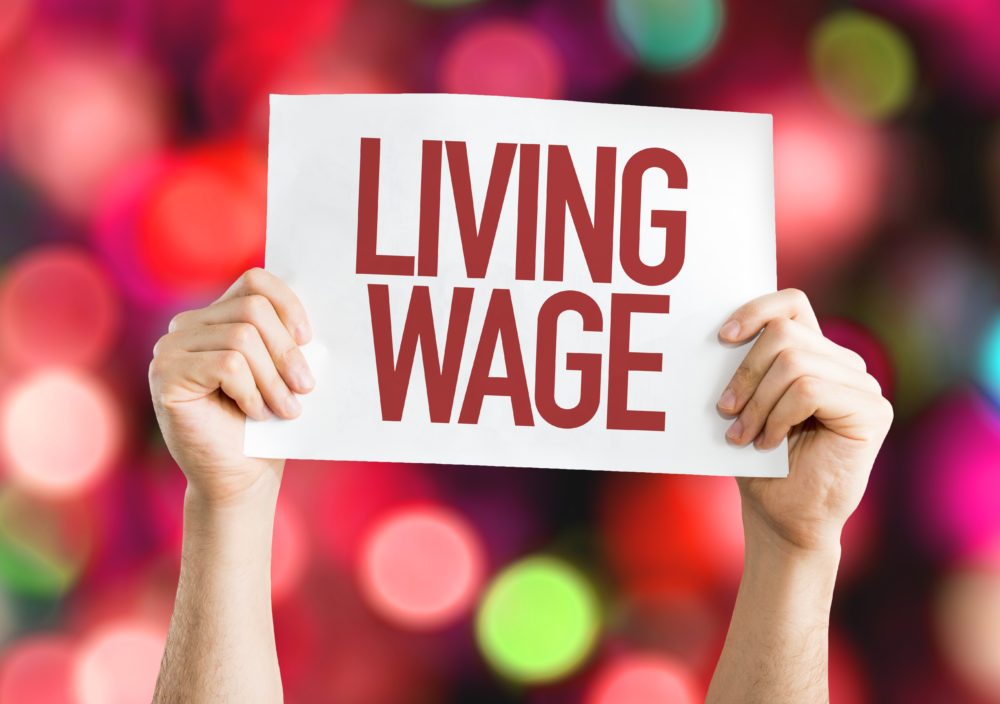Overall, it’s been a positive Budget for small businesses, with a raft of changes due to come in over the next couple of years.
Unfortunately, there was very little mention of Brexit, leaving small company owners unsure of how to plan for the future of their business.
Gordon Fletcher, retail expert from the University of Salford Business School, had this to say,
‘The uncertainty of Brexit meant that few long-term spending promises were made that could not be later reversed. Similarly, many of the details that might be expected – and that might be less popular – were deferred to the spending review next year. Many of the statements felt like a pre-election budget.
He adds that it lacked vision as it aimed to tick various boxes without recognising the opportunities of linking some of the thinking together.
‘Entrepreneurship, small business, revitalising the high street, reducing waste, improving mental health and improving productivity are not isolated problems that can be fixed with individual increases in funding – as welcome as those injections may be. More joined up thinking is required to bring the budget into the 21st century as Hammond promises.’
Business rate relief for smaller retailers
Business rates will be cut by a third for smaller shops, bars, pubs and cafés. They must have a rateable value of less than £51,000. That means an average saving of £8,000 for 90 per cent of independent businesses.
? We’re backing high streets by cutting business rates ?
➡️ Rates cut by a third for two years.
➡️ Helping 90% of all shops.
➡️ Saving shopkeepers up to £8,000 each year.?? #Budget2018
Posted by Conservatives on Monday, 29 October 2018
However, Sam Dumitriu, research director of The Entrepreneurs Network, thinks this isn’t the right way to tackle the problem.
‘The Chancellor has missed an opportunity to fix business rates. Instead of managing decline, Philip Hammond should have prioritised removing barriers to business growth and investment. Replacing business rates with a business land tax paid by commercial landowners would dramatically cut paperwork for most business owners and create a stronger incentive for businesses to invest in improving their properties.’
£675 million high street transformation fund
Further to the business rate relief for smaller retailers, a £675 million fund has been promised to revamp the high street and redevelop unused areas.
Apprenticeship fees down to five per cent
Apprenticeship fees have been halved to five per cent for small businesses. It was originally supposed to be implemented in April 2019 but now there is reportedly no fixed date.

Increase in Annual Investment Allowance
The Annual Investment Allowance will increase from £200,000 to £1 million for the next two years.
Beer, cider and spirit duty frozen for a year
Pub owners will be glad to know that beer, cider and spirit duty will be staying where it is – at least for the coming year.
IR35 extended to private sector, but only for large and medium-sized businesses
To put a stop to tax dodging under the guise of ‘personal service companies’, employers with 250 members of staff or more will be responsible for checking a contractor’s status. They may even have to pay a tax fine if they get it wrong.
This move will be rolled out in April 2020.
Fuel duty frozen for ninth year running
As promised, fuel duty has been frozen for another year. This means that small businesses that rely heavily on van and car use won’t feel the effects just yet.
Entrepreneur relief remains but eligibility is narrowed
Entrepreneur relief is being kept, but the entrepreneur must have owned the business for at least two years (up from the current 12 months) before they are eligible. This will apply from April 2019.
National Living Wage to increase to £8.21 in April
From April 2019, employers will have to pay their staff a minimum of £8.21 an hour – a 4.9 per cent increase on the current level. That’s a £691 annual increase per employee.

Tax on manufacture and import of goods with less than 30 per cent recycled materials
The government will be introducing a tax on the manufacture and import of goods which contain less than 30 per cent recycled materials.
Meanwhile, the previously proposed latte levy has been ruled out as the Chancellor said it wouldn’t provide decisive action.
There will be further consultation on a plastic packaging tax.
VAT threshold frozen
Contrary to halving the threshold, VAT will stay at £85,000 for the next two years.





